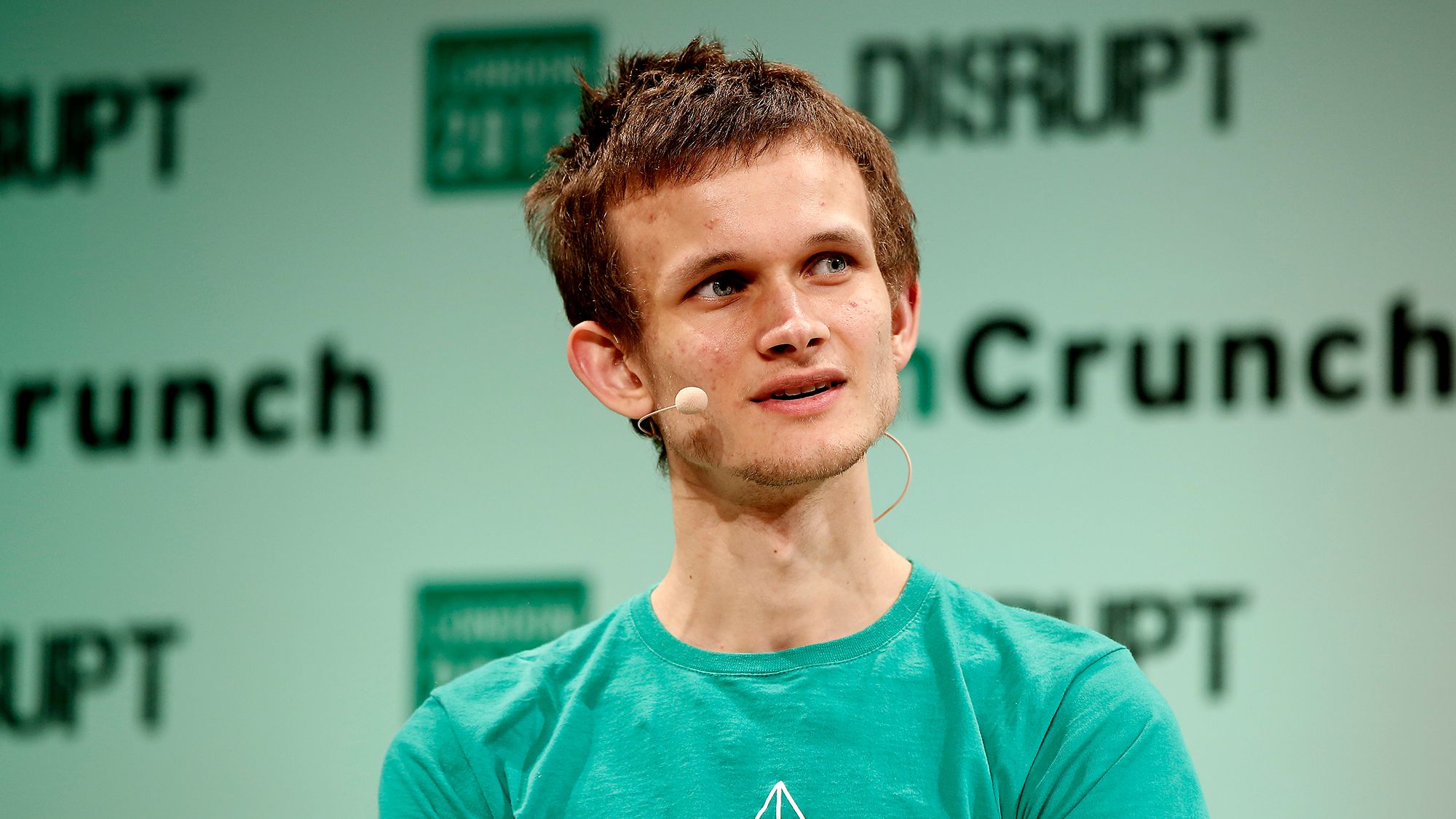Bitcoin’s recent price drop to $30,098 has sparked discussions about the future of the cryptocurrency and the direction of its development.
Vitalik Buterin, co-founder of Ethereum, believes that the rise of projects like Ordinals signals the resurgence of a builder culture in the Bitcoin network.
In a Twitter Space conversation with Bitcoin proponents Eric Wall and Udi Wertheimer, Buterin praised Ordinals and its BRC-20 token standard as a rejection of the stagnant politics within the Bitcoin ecosystem.
READ MORE: Crypto Exchange Launches Public Testnet for v4, Paving the Way for Full Decentralization
According to Buterin, Ordinals are reintroducing a culture of action and pushing back against the laser-eye movement, which he views as positive progress.
The main focus of the two-hour-long conversation revolved around scalability.
Wall expressed concerns about Bitcoin’s Lightning Network, stating that it struggles to scale for future users and frequently fails when processing medium-sized payments.
Buterin proposed that a solution would be to implement various layer-2 solutions and find ways to enhance the efficiency of the Bitcoin base layer.
He emphasized the importance of rollups and ZK-snark-based scaling solutions.
Wertheimer added that zero-knowledge rollups could potentially enable smart contracts on Bitcoin, creating a new execution environment.
However, proponents of the Ordinals project, such as Wall and Wertheimer, face criticism from traditional Bitcoin advocates.
Some argue that introducing NFTs and smart contracts on Bitcoin dilutes its primary function as a peer-to-peer cash network.
Samson Mow, CEO of Jan3, believes that Ordinals waste valuable block space that should be allocated to Bitcoin payments.
Wall responded to these criticisms by suggesting that Bitcoin could serve as a proof system for zero-knowledge proofs, avoiding network congestion.
He expressed the desire to utilize the Bitcoin base layer as a judge or arbiter of computations, rather than running them on-chain.
Wall urged the community to consider second layers as a means of achieving expressive capabilities, not just facilitating payments.
The discussion sparked controversy within the Bitcoin community, with Wertheimer criticizing Samson Mow and Adam Beck, CEO of Blockstream, for dismissing the conversation with Buterin.
The clash of opinions highlights the ongoing debate about the future of Bitcoin’s development and the potential for increased functionality within its network.
As Bitcoin enters this new era of development, it remains to be seen how the community will navigate these conflicting perspectives and shape the future of the world’s largest cryptocurrency.




